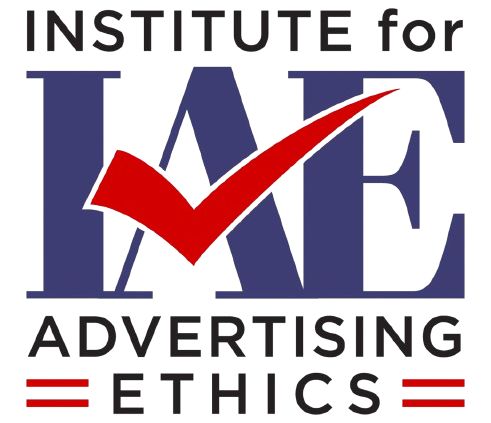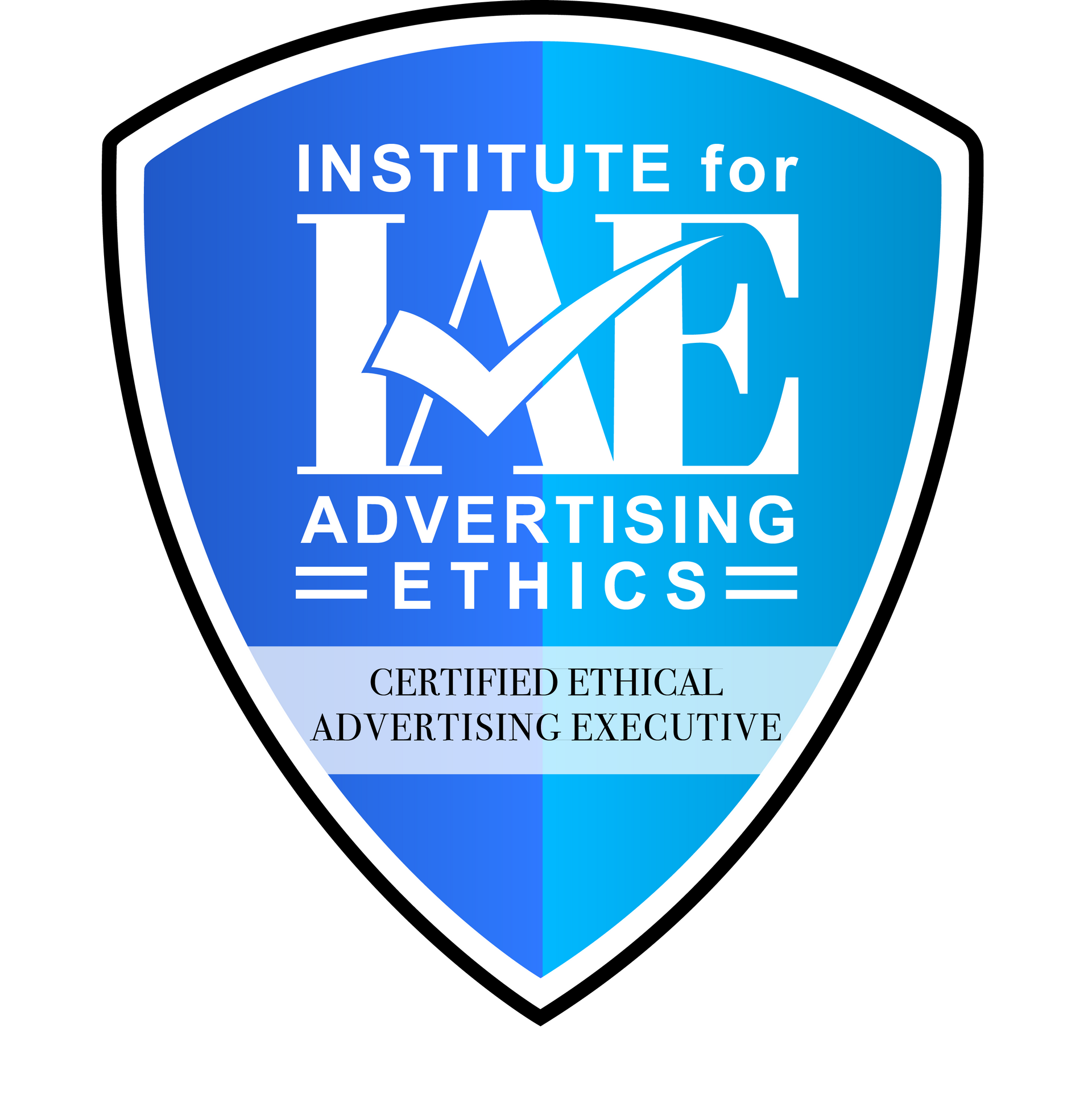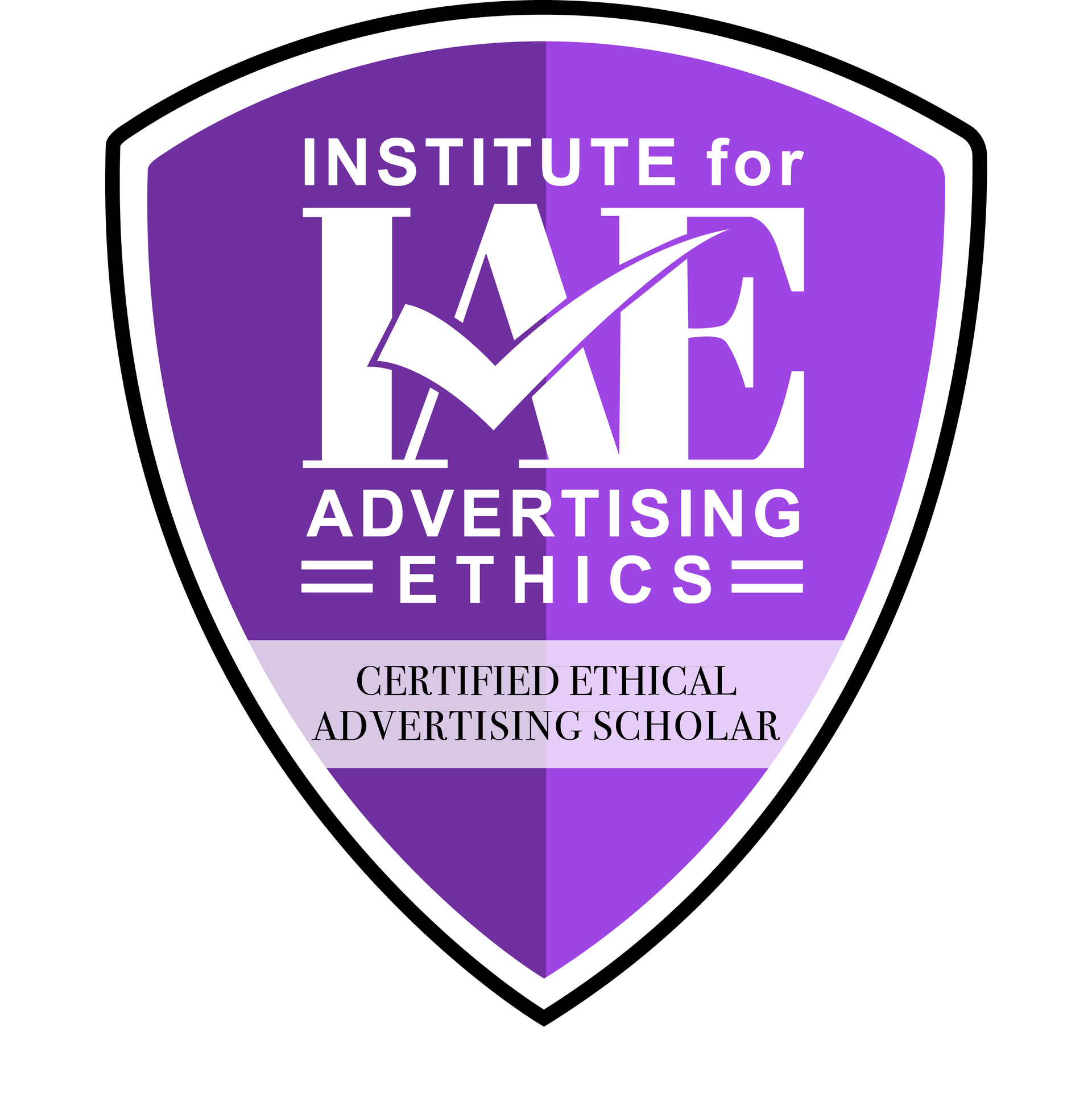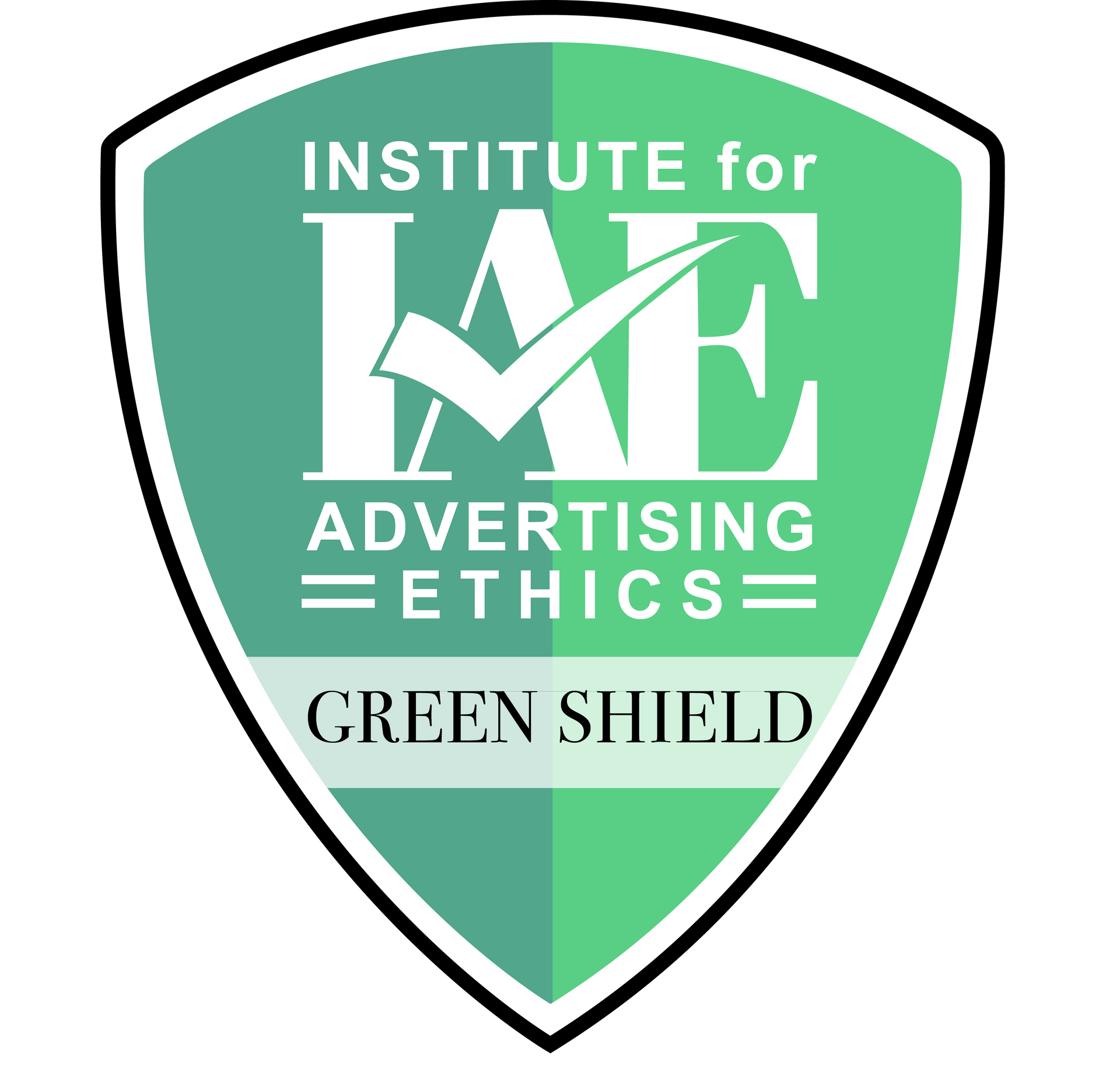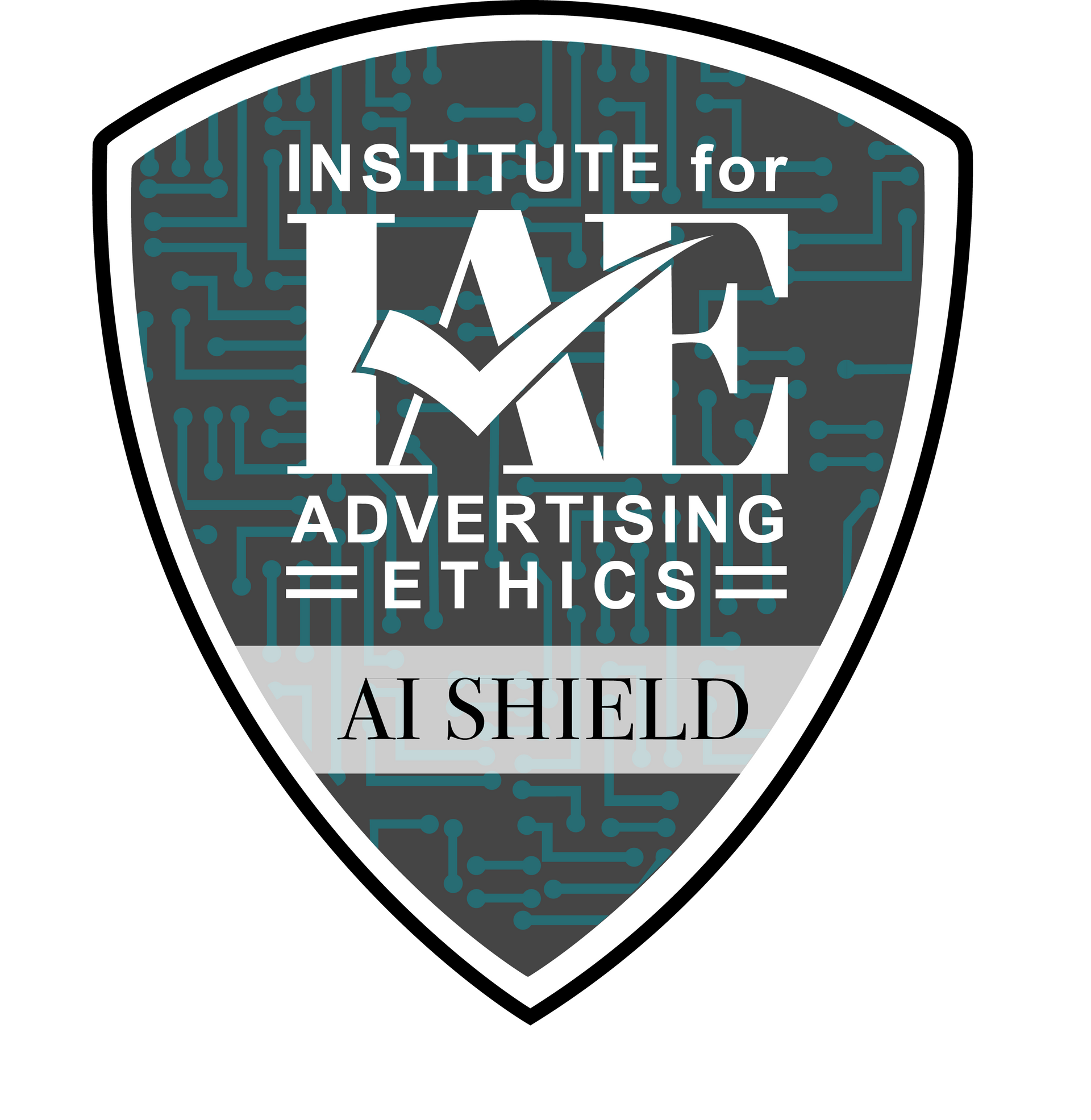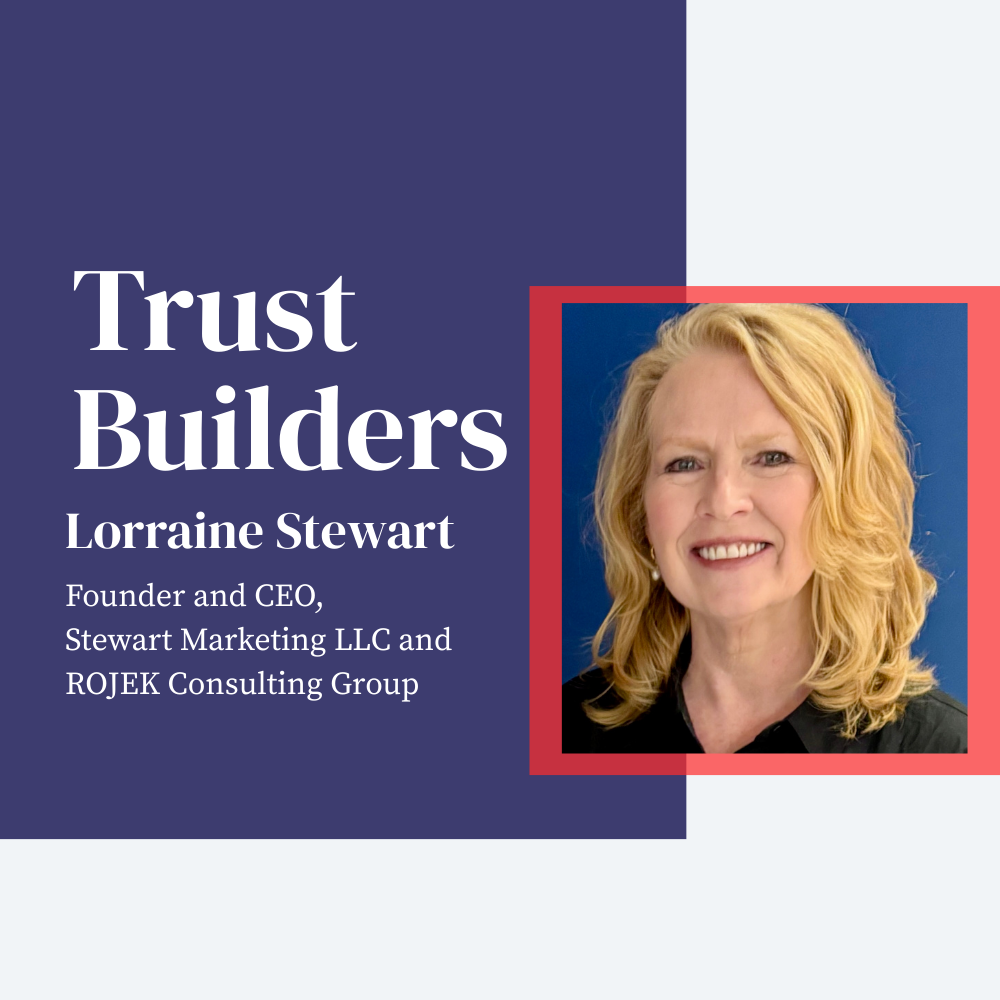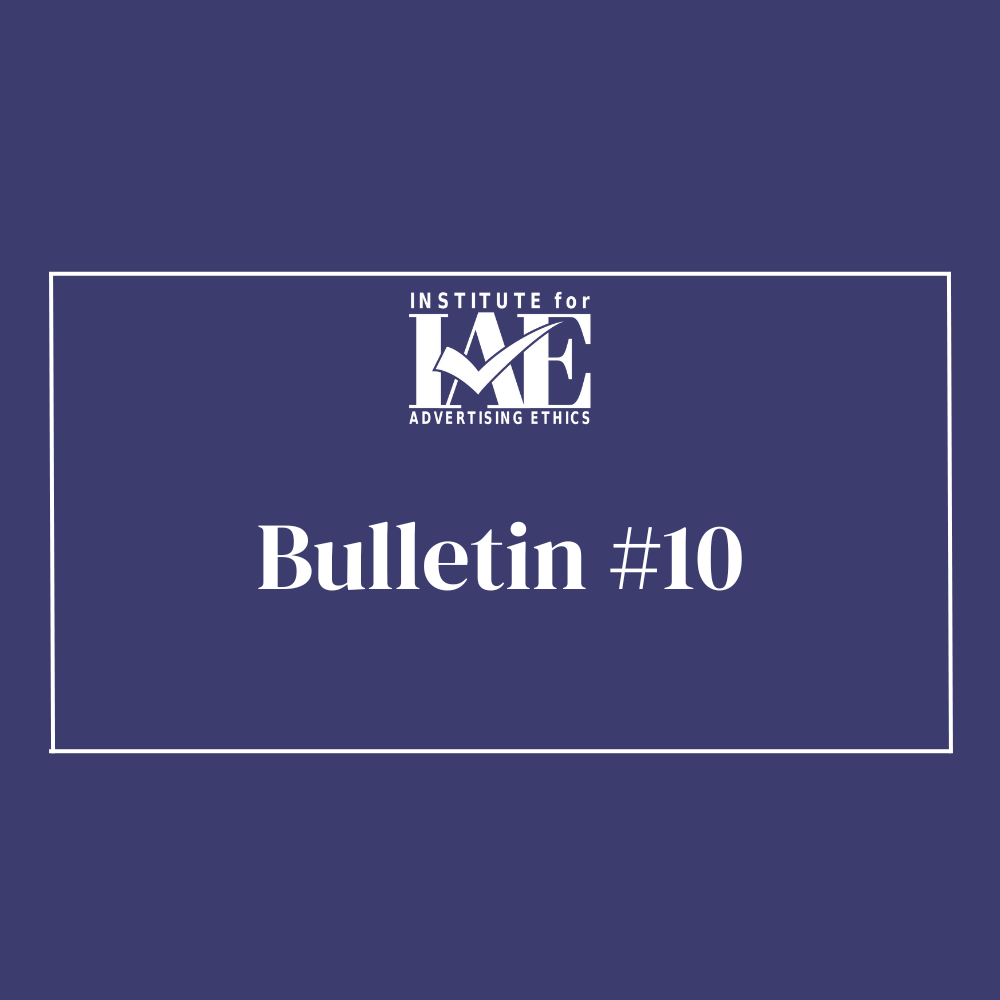Trust Builders: Philip Cowdell
Meet Philip! A member of our Trust Builders community and IAE Advisory Council.
Philip is the Global Chief Strategy Officer at Channel Factory, a global AdTech company focusing on Social Media. He is also part of the IAE Advisory Council!
How have the IAE's certifications impacted you, your career, and your approach to ethical advertising?
Ethical behavior and decision-making have been the bedrock of my career across Publicis, WPP, and now Channel Factory. Having met Andrew at a Brand Safety Summit in NYC I was pleased to refresh my prior training and career experience, and become formally certified.
This connection also came at a highly appropriate time when the umbrella theme of ethics is critical in the debates regarding inclusion, sustainability, responsible journalism, and AI adoption. Very timely.
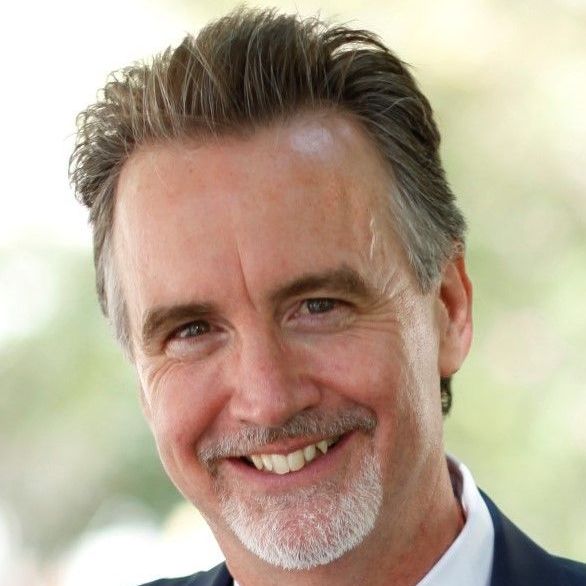
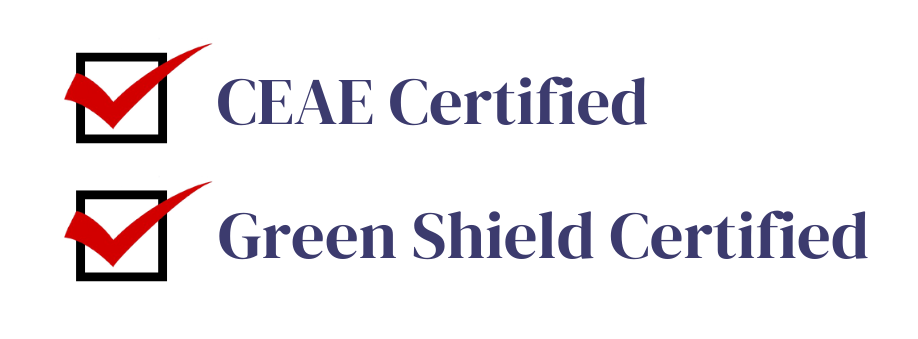
What Ethical Advertising Principles and Practices do you actively apply in your work and how?
To recap the 9 Ethical Principles: all are applied both in principle and in practice.
Principle 1. We have a collective responsibility to share a common objective of truth and high ethical standards in serving the public.
Principle 2. We have an obligation to exercise the highest personal ethics in the creation and dissemination of commercial information to consumers.
Principle 3. Its critical to distinguish paid content (ads etc) from news, editorial and entertainment, especially in the Social Media realm.
Principle 4. Any endorsements need to be subject to full disclosure and transparency.
Principle 5. All consumers should be treated fairly but this has become problematic when some communities are single out, excluded or blocked.
Principle 6. Protecting PII is paramount.
Principle 7. We all must follow federal, state and local advertising laws, and cooperate with industry self-regulatory programs.
Principle 8. Organizations should ensure safe spaces for raising ethical concerns.
Principle 9. Transparency and full disclosure are fundamental to building trust.
Why is ethics important for advertising?
It is the foundation for all successful advertising: Ethics engender trust, and consumers are reluctant to buy products and services from companies they don't know and trust. Equally they are more likely to buy from those they do trust.
What are some of the biggest ethical challenges you see in advertising today and how do you think these challenges can be overcome?
Too little transparency and clarity in digital advertising; an increasingly un-moderated content landscape; exclusion (and even vilification) of some topics and communities all combine to make it a challenging workplace and marketplace.
Time to shine a light; show the risks; and highlight the rewards from committing to ethical advertising.
We want to highlight you too! Fill out this form
to be featured on our Ethics Certified Spotlight.
